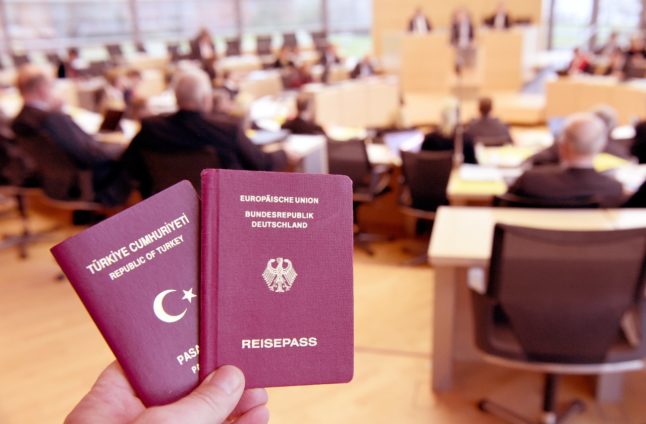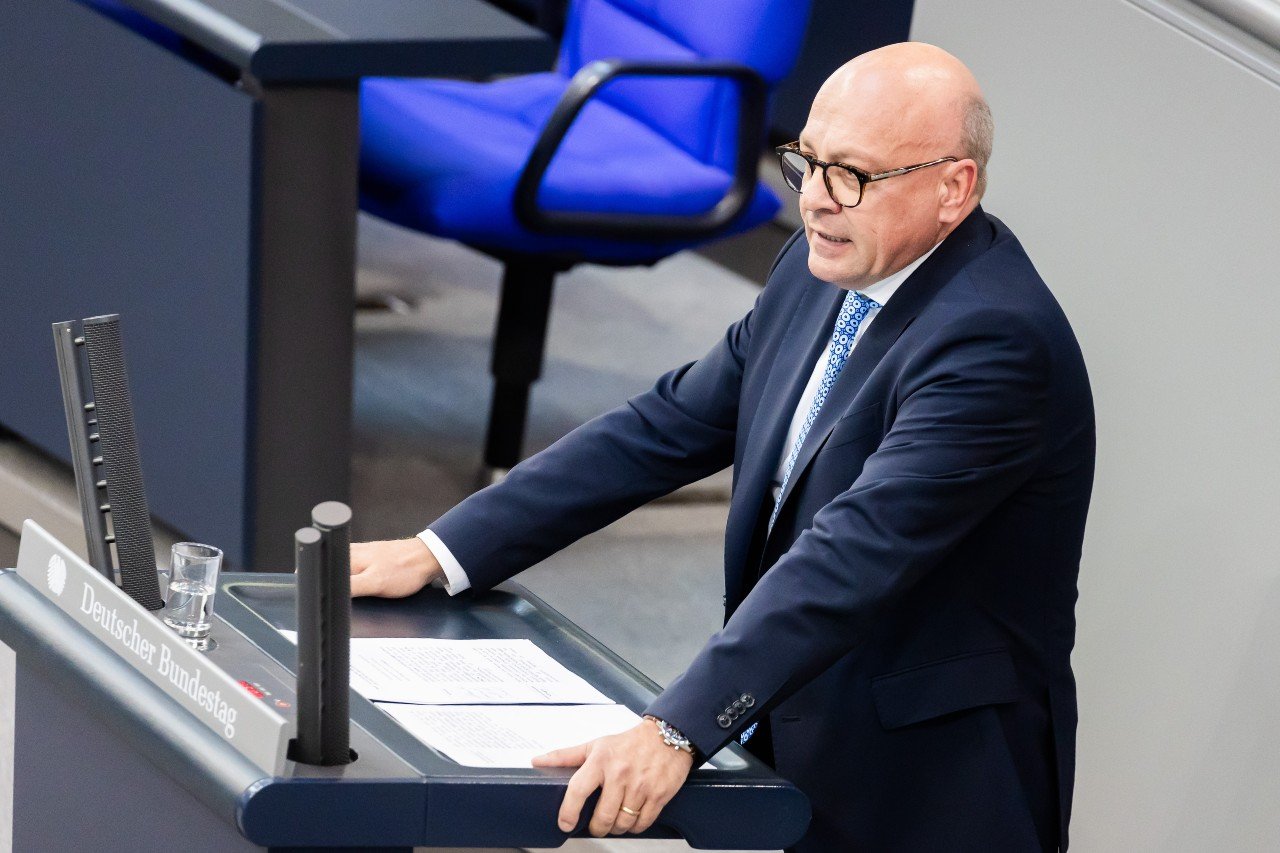“The regular election date is next autumn. And that’s what we plan to do,” Steffen Hebestreit told a government press conference, referencing the next planned federal vote in Germany.
Scholz’s coalition suffered a stinging defeat at the European elections Sunday, with all three parties in his government trailing the conservatives and the far right, preliminary results showed.
The Social Democrats (SPD) scored its worst result in history with 13.9 percent, third behind the far-right Alternative for Germany (AfD) on just under 16 percent, and well behind the conservative CDU-CSU bloc’s 30 percent.
READ ALSO: What the EU elections say about the state of politics in Germany
The Greens recorded around 12 percent while the liberal FDP took five percent.
The result sparked calls from opposition parties for Scholz to follow the lead of French President Emmanuel Macron and call a snap election.
Alice Weidel, co-leader of the AfD, said Germany had “voted out the chancellor” and the government.
“There is now only one task left for Scholz: clear the way for new elections – instead of governing for another year against a large majority of the population,” Weidel wrote on X.
Markus Söder, the leader of the conservatives in the southern state of Bavaria, also called for new elections as soon as possible.
The three-way coalition “no longer has the support of the population”, Söder told the RTL broadcaster, calling for Germany to follow in the footsteps of France.
Macron has called snap elections for June 30th and July 7th after his centrist alliance lost to the far right in the EU elections.
AfD top candidate excluded from delegation
Meanwhile, the top candidate for the AfD at the EU polls will be excluded from the party’s delegation at the European Parliament due to a string of scandals, the party said on Monday.
Maximilian Krah has been accused of having suspicious links to Russia and China, while comments that he made minimising the crimes of the Nazis’ notorious SS also prompted the AfD’s expulsion from the far-right group within the European Parliament.




 Please whitelist us to continue reading.
Please whitelist us to continue reading.
Member comments